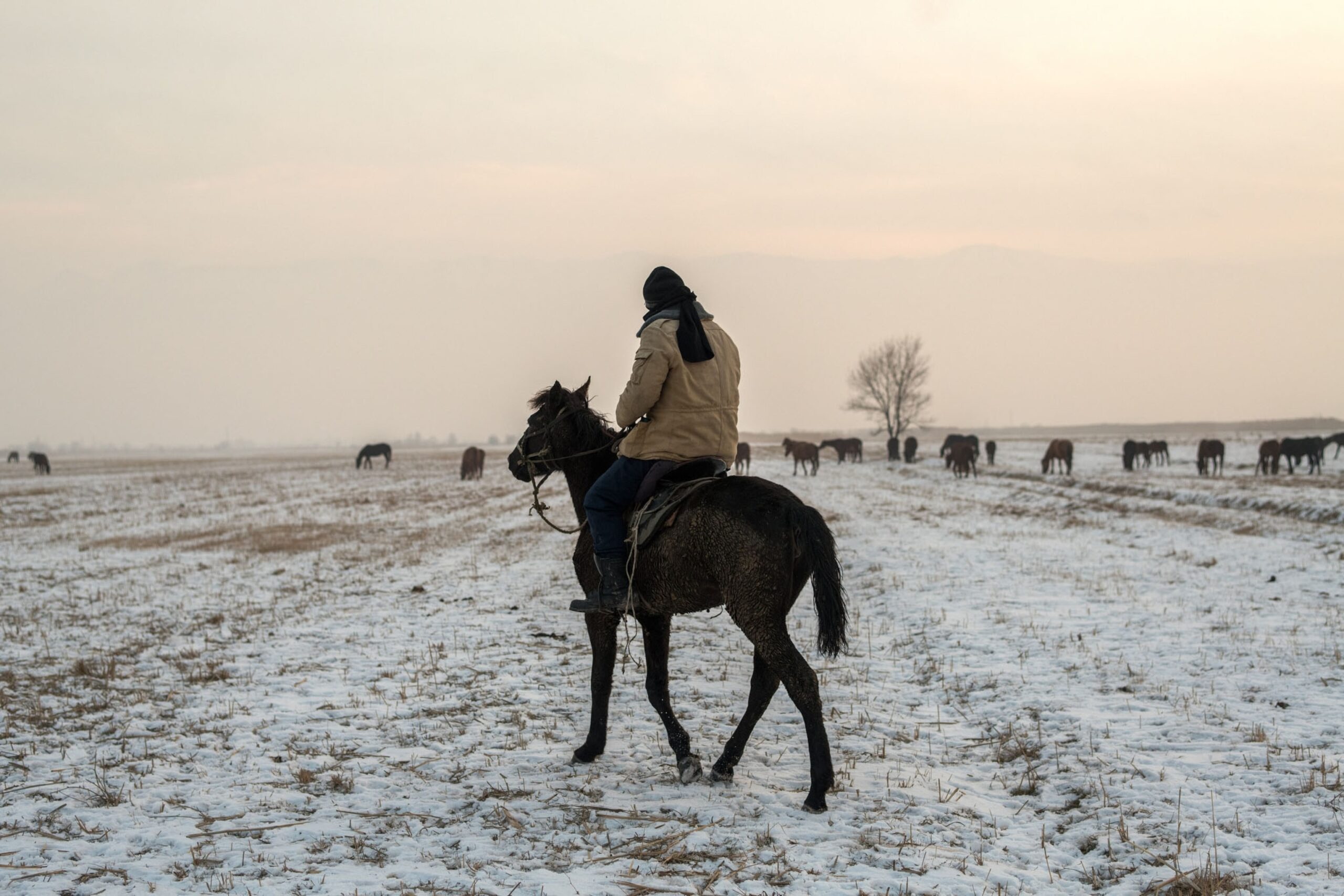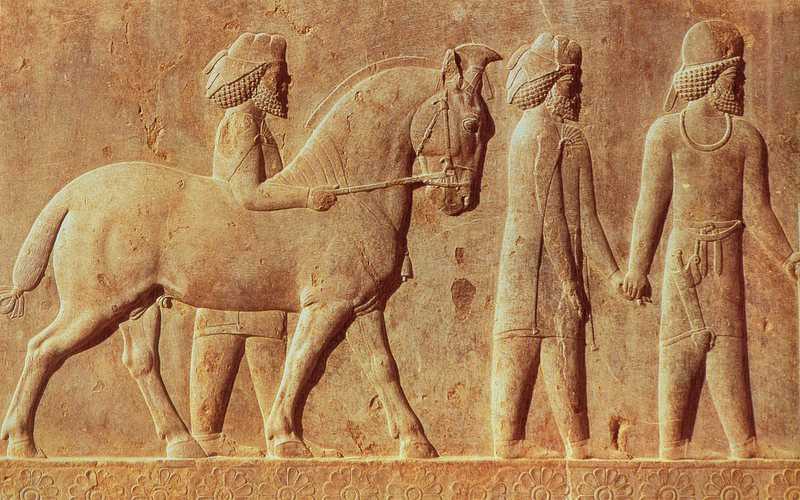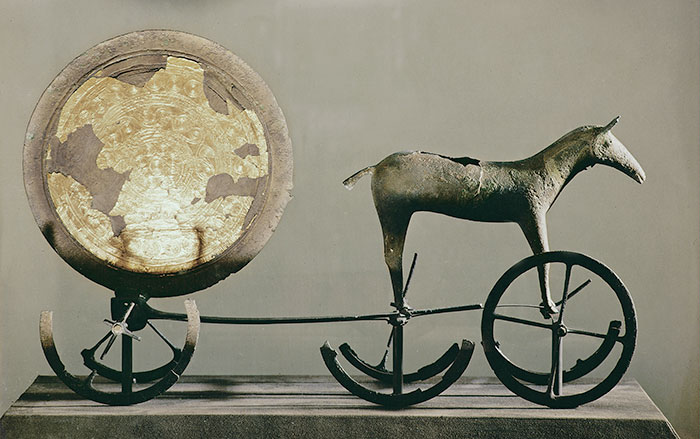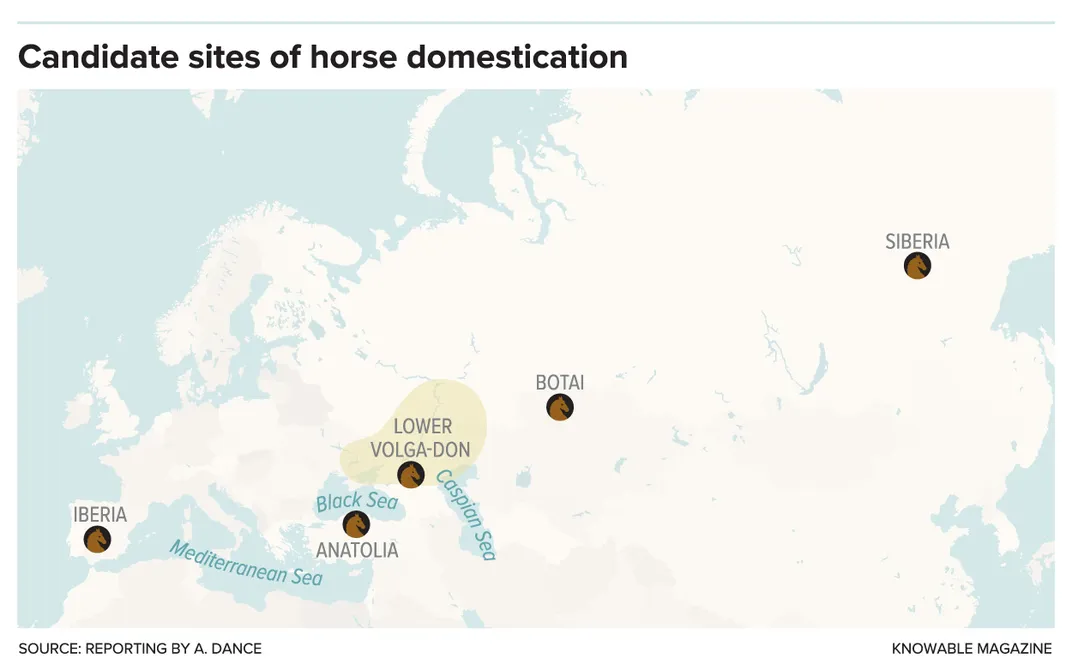The Horse in Ancient Civilizations

Horses have played a pivotal role in the development of human societies, especially in ancient civilizations. Their domestication and use transformed transportation, warfare, agriculture, and culture. This article explores the significance of horses across various ancient civilizations, highlighting their impact and legacy.
Introduction to the Horse in Antiquity

The horse was first domesticated around 3500 BCE on the steppes of Central Asia. From there, its influence spread to many ancient cultures, becoming a symbol of power, prestige, and technological advancement.
Key Roles of Horses in Ancient Civilizations

| Role | Description | Civilizations Involved |
|---|---|---|
| Transportation | Horses enabled faster travel and communication over long distances. | Mesopotamia, Egypt, Indus Valley |
| Warfare | Cavalry units revolutionized military tactics and battlefield dynamics. | Hittites, Assyrians, Persians, Greeks |
| Agriculture | Horses were used to pull plows and carts, increasing farming efficiency. | Ancient China, Mesopotamia |
| Trade | Facilitated trade routes by carrying goods and people across regions. | Silk Road civilizations, Phoenicians |
| Cultural Symbol | Represented status, divinity, and were featured in art and mythology. | Greeks, Romans, Celts |
Horses in Specific Ancient Civilizations
Mesopotamia
- Horses were introduced around 2000 BCE.
- Used primarily for chariots in warfare and ceremonial purposes.
Ancient Egypt
- Initially used for chariots by the New Kingdom.
- Symbolized royal power and divine protection.
Indus Valley
- Evidence suggests horses were used for transportation and possibly in rituals.
Ancient China
- Horses were crucial for the expansion of the Chinese empires.
- The invention of the horse collar improved agricultural productivity.
Greeks and Romans
- Horses were central to cavalry units.
- Featured prominently in mythology, such as the Trojan Horse and Pegasus.
Frequently Asked Questions (FAQ)
Q1: When were horses first domesticated?
A1: Around 3500 BCE on the Central Asian steppes.
Q2: How did horses impact ancient warfare?
A2: They enabled the development of cavalry, which changed battle strategies and increased mobility.
Q3: Were horses used in agriculture?
A3: Yes, horses pulled plows and carts, enhancing farming efficiency.
Q4: What cultural significance did horses have?
A4: Horses were symbols of power, status, and divinity, often depicted in art and mythology.
Conclusion
The horse was more than just an animal in ancient civilizations; it was a catalyst for social, economic, and military advancements. Understanding its role helps us appreciate the profound impact horses had on shaping human history.
This article is optimized for SEO with relevant keywords such as “horse domestication,” “ancient civilizations,” “horses in warfare,” and “cultural significance of horses.”
